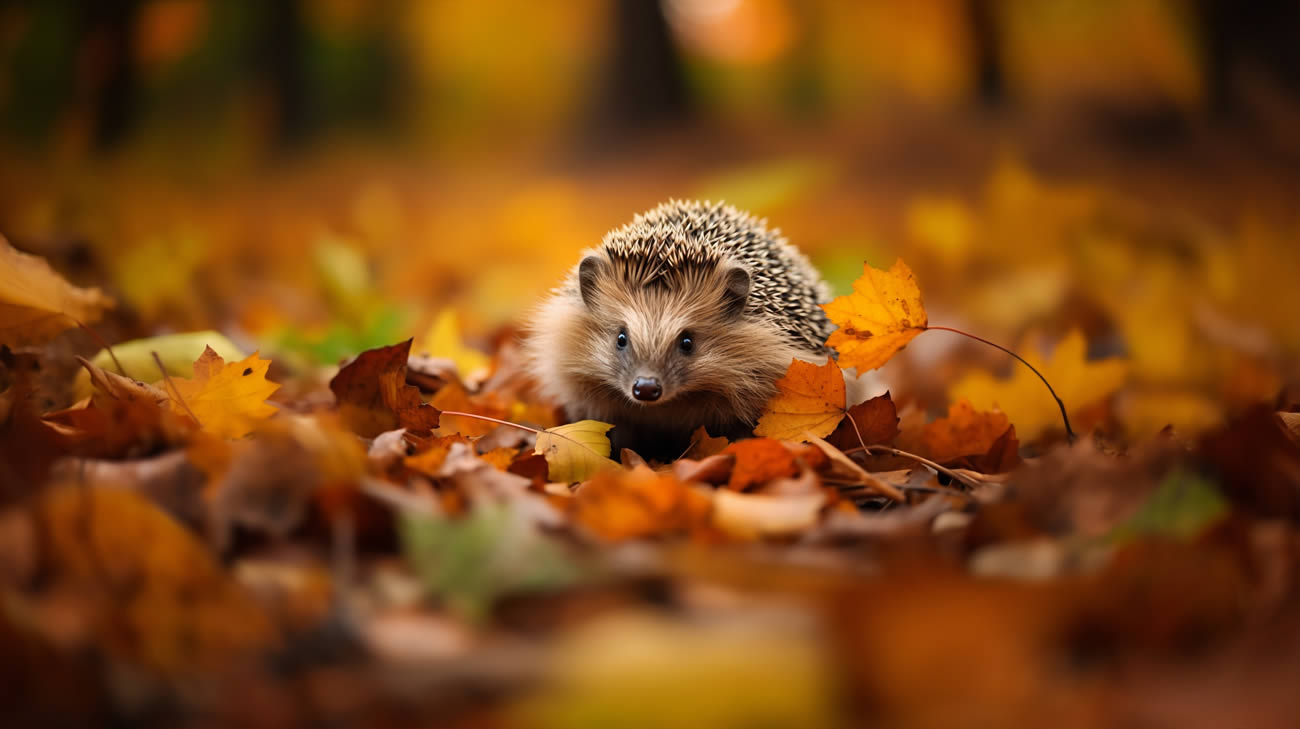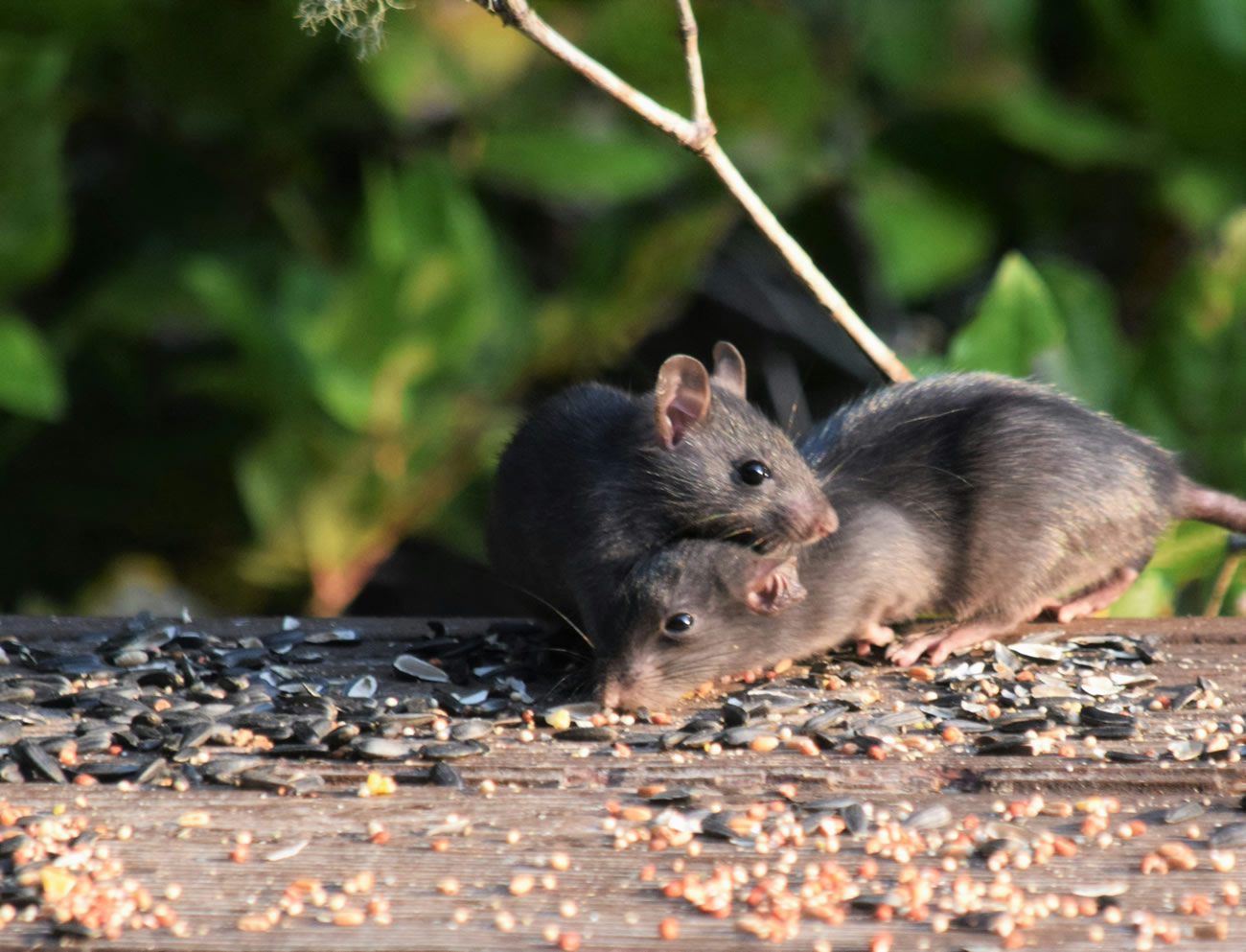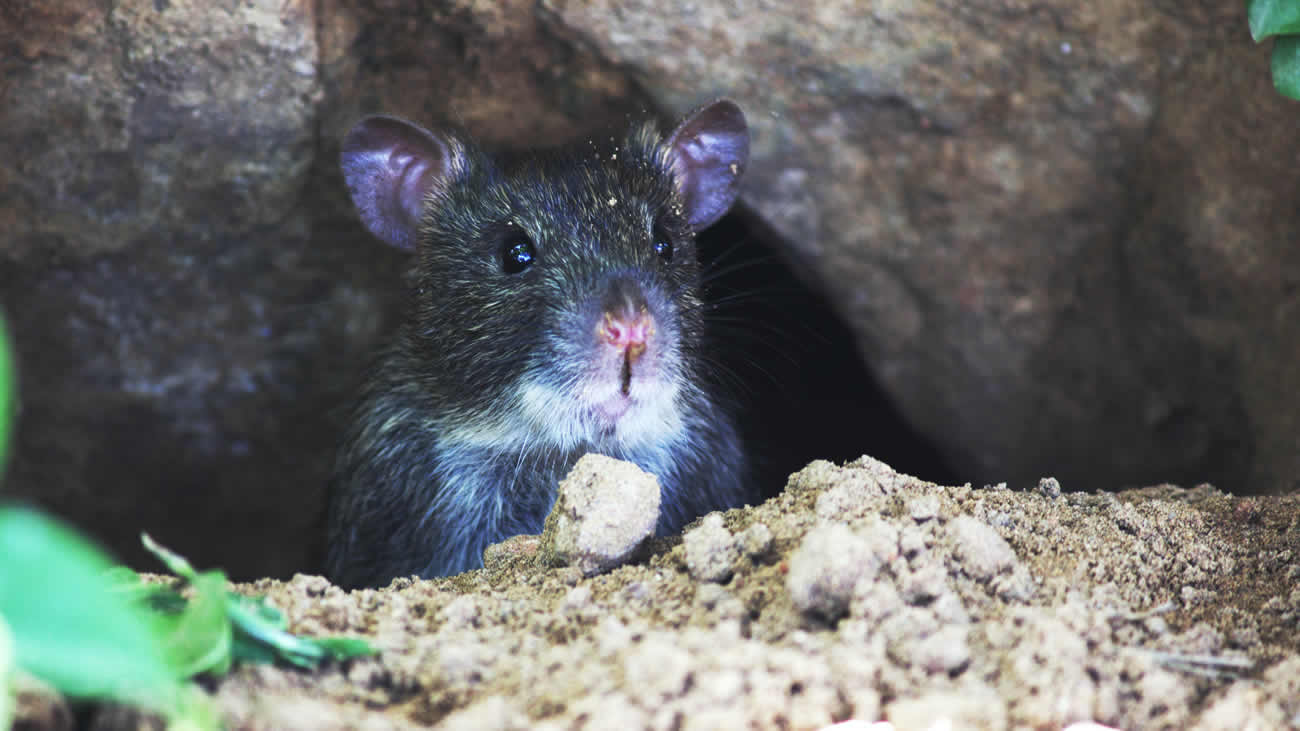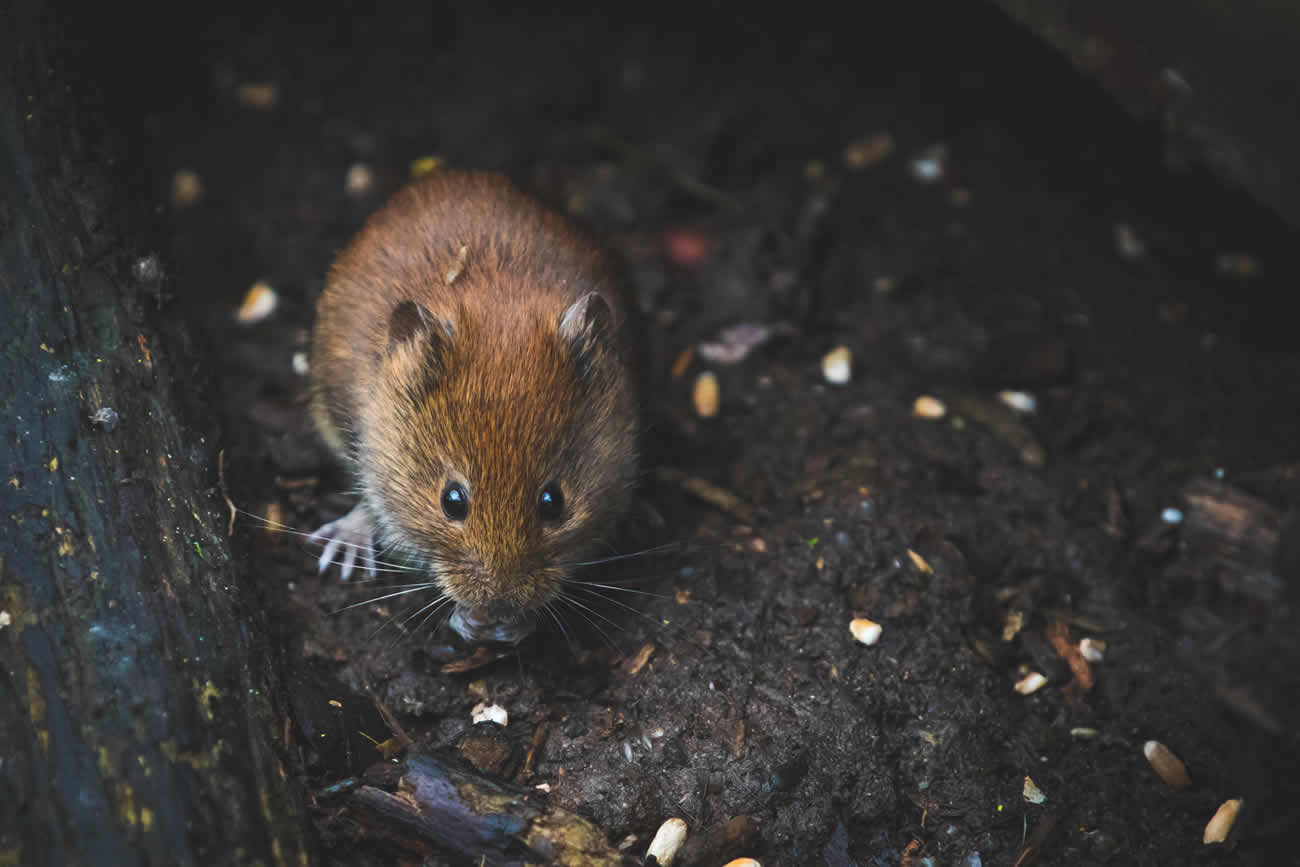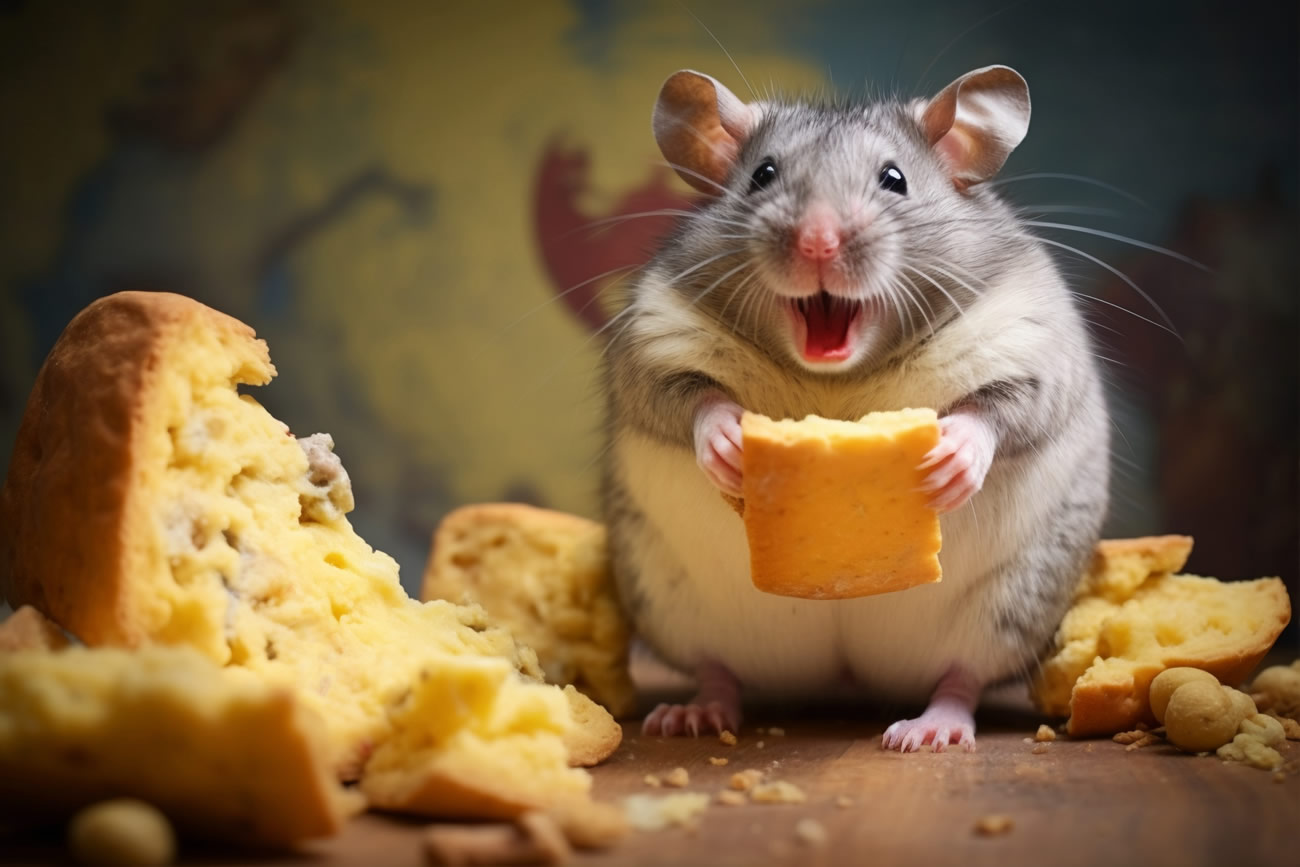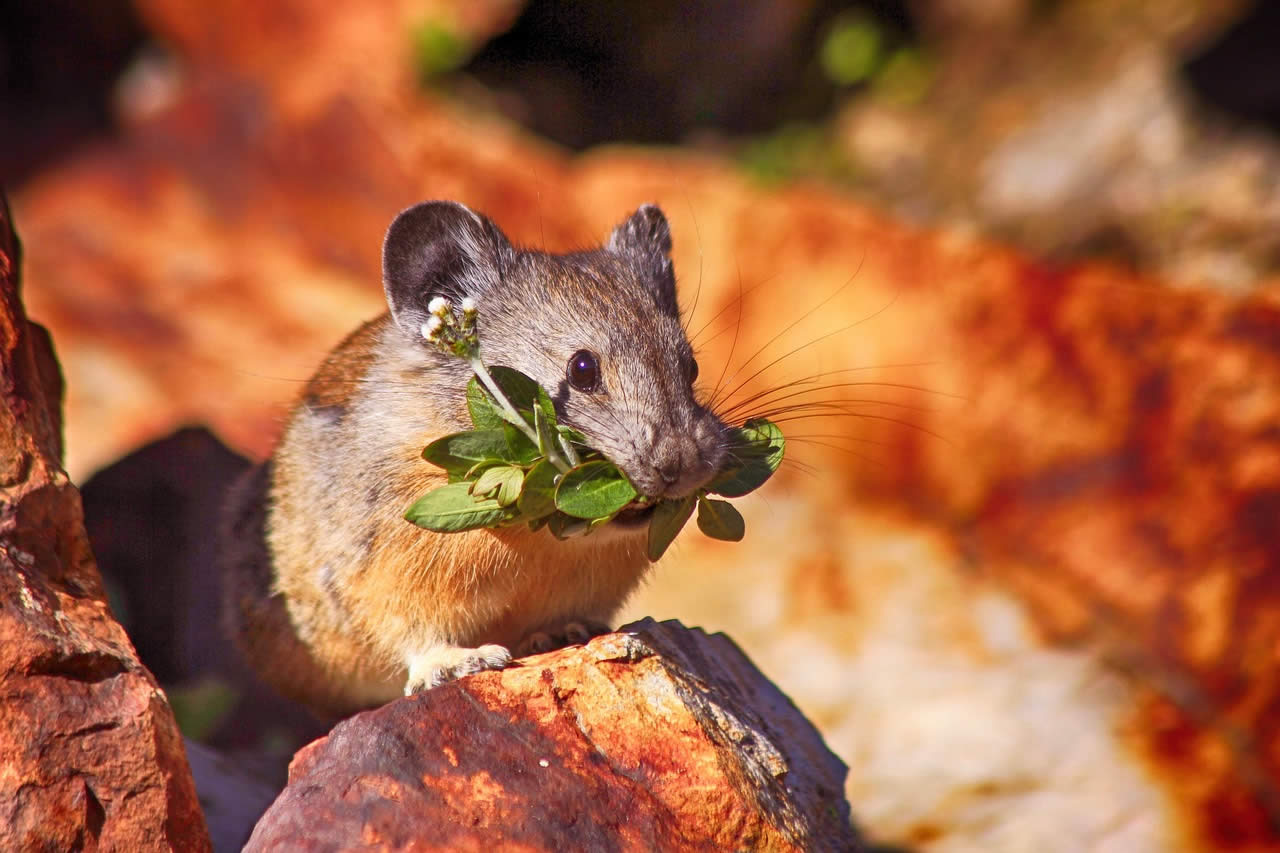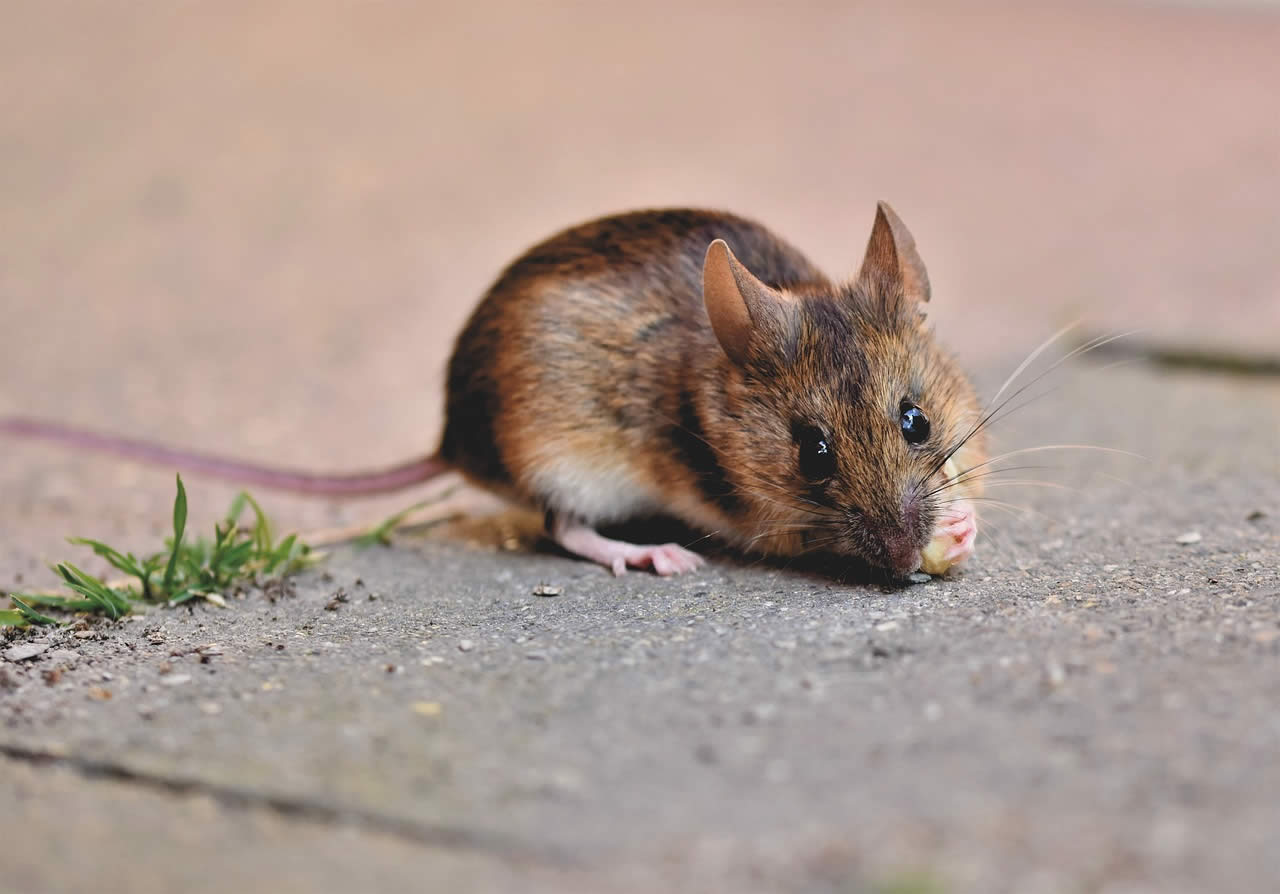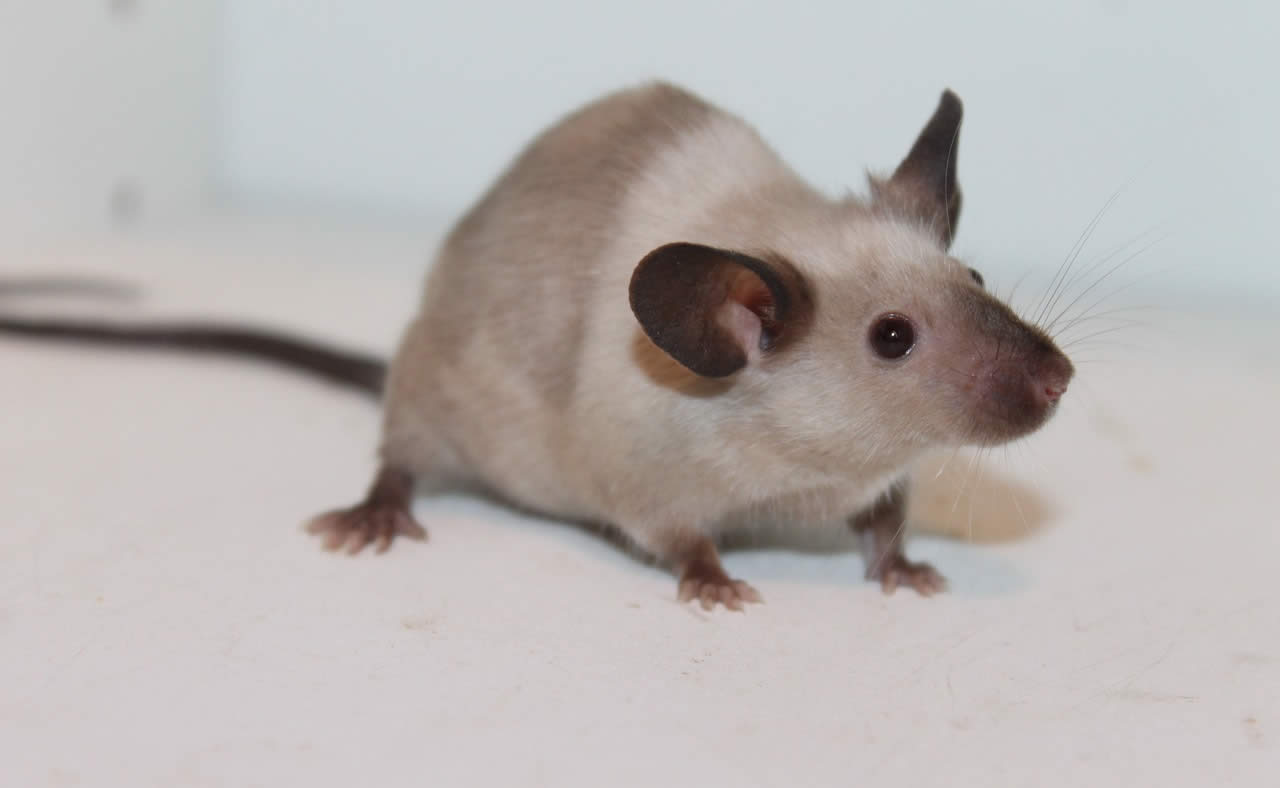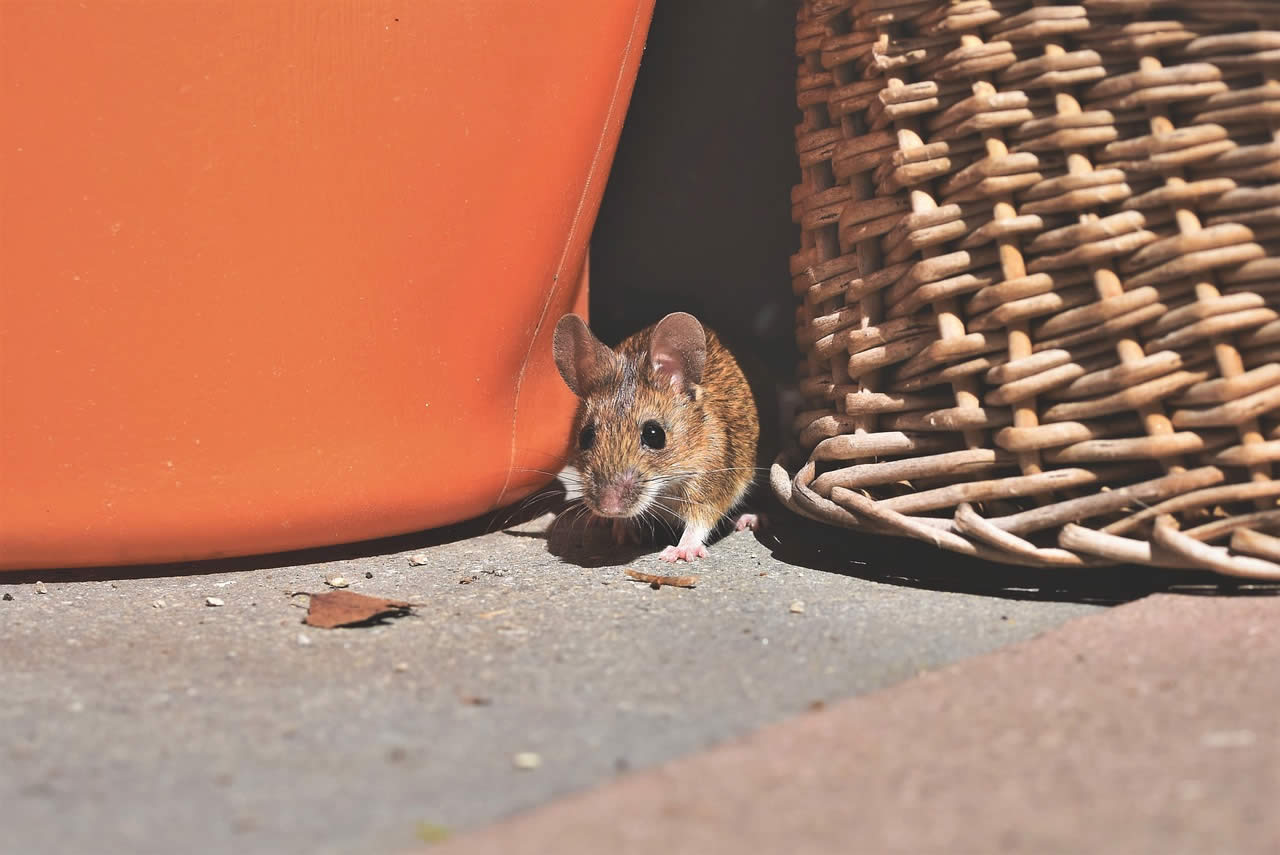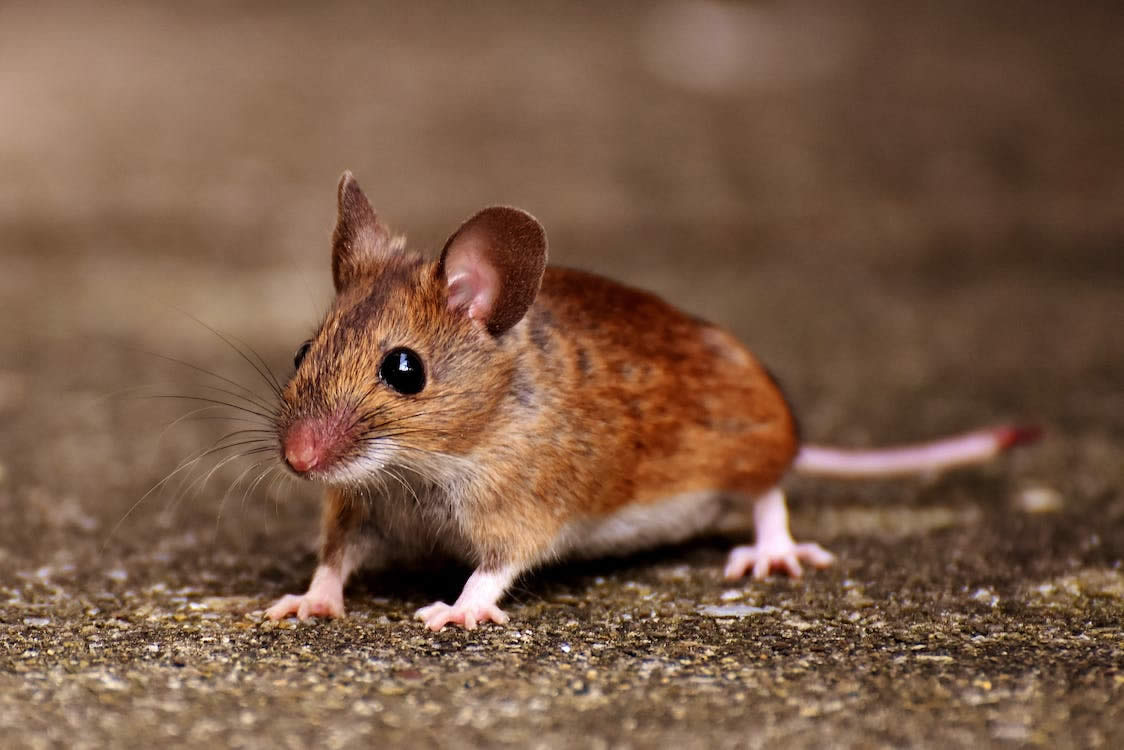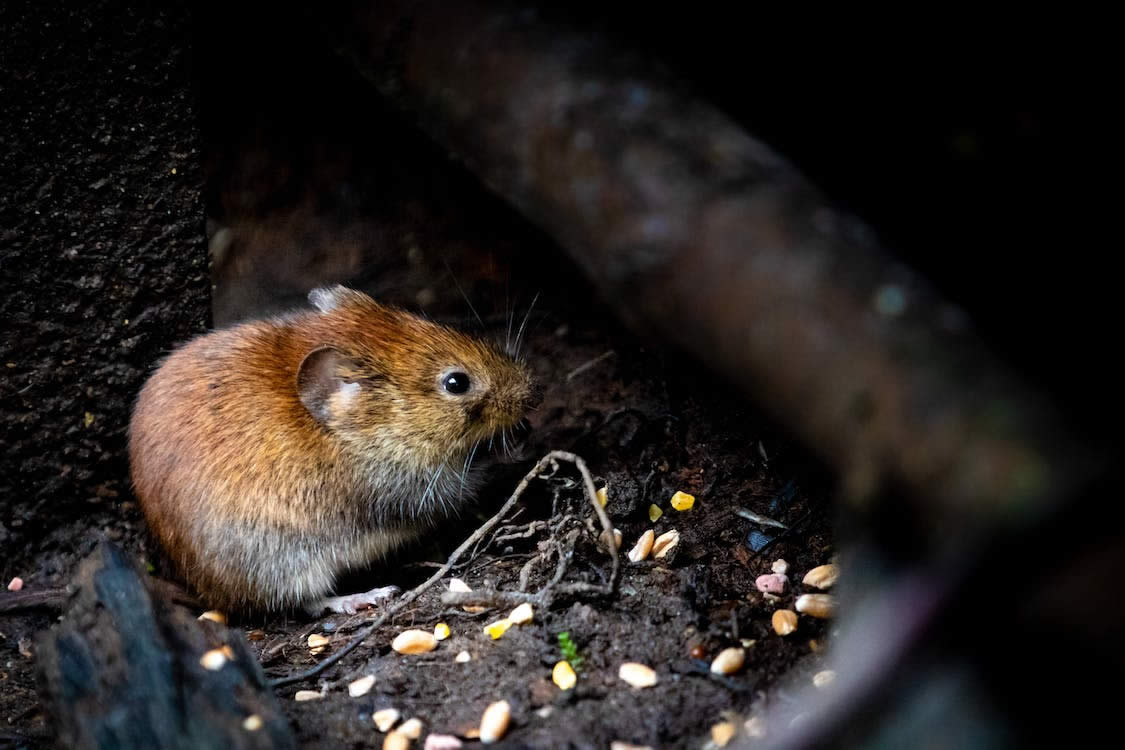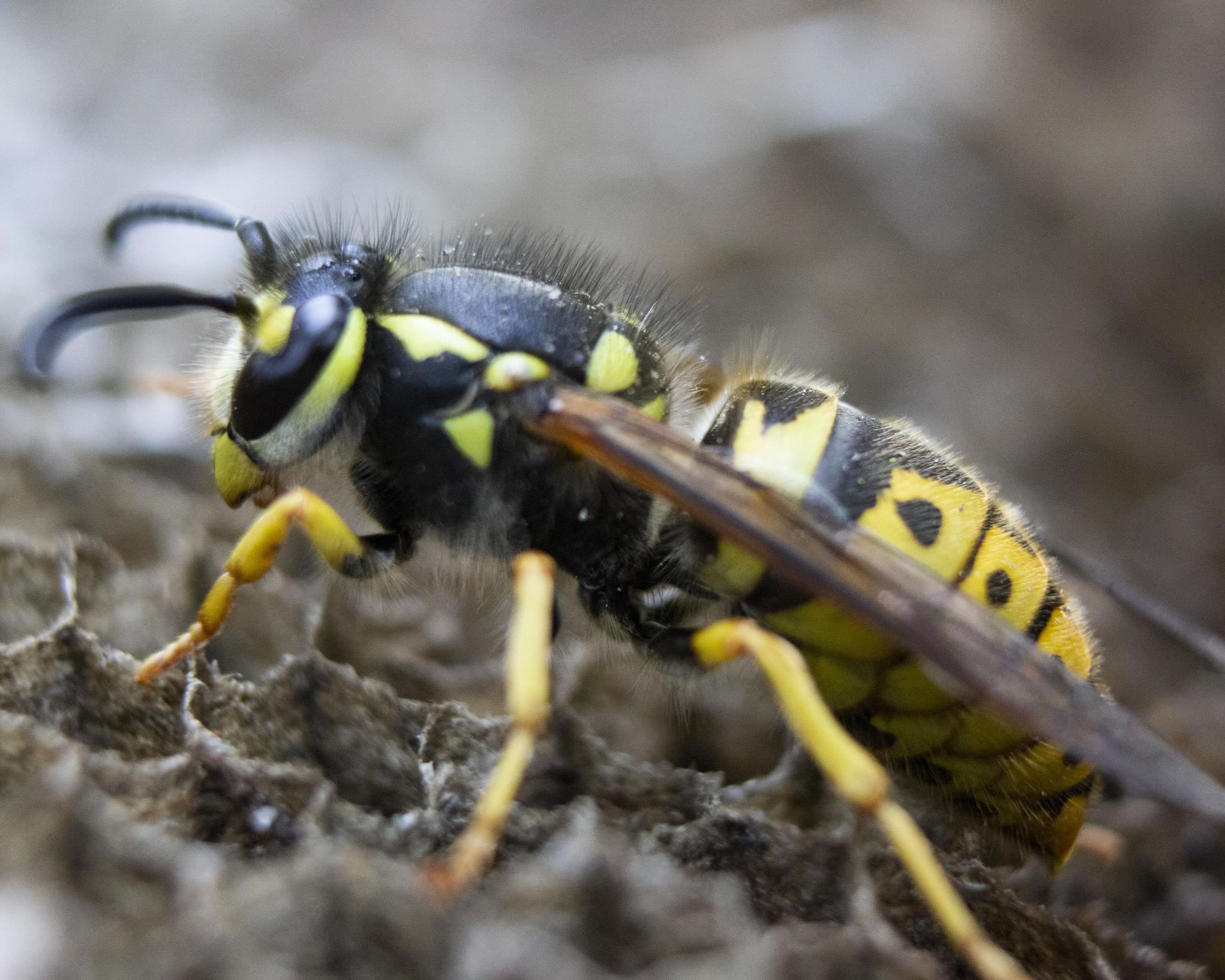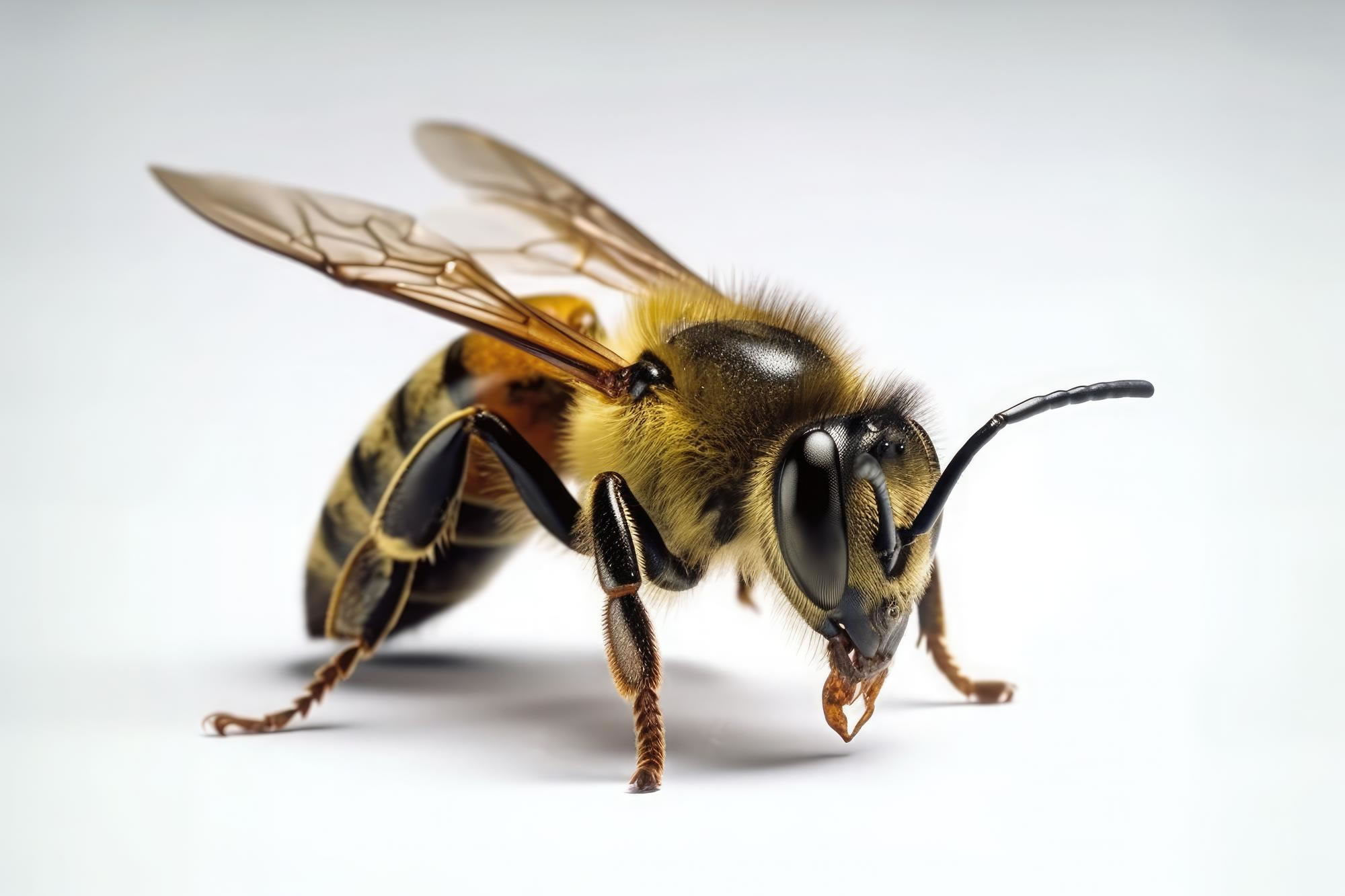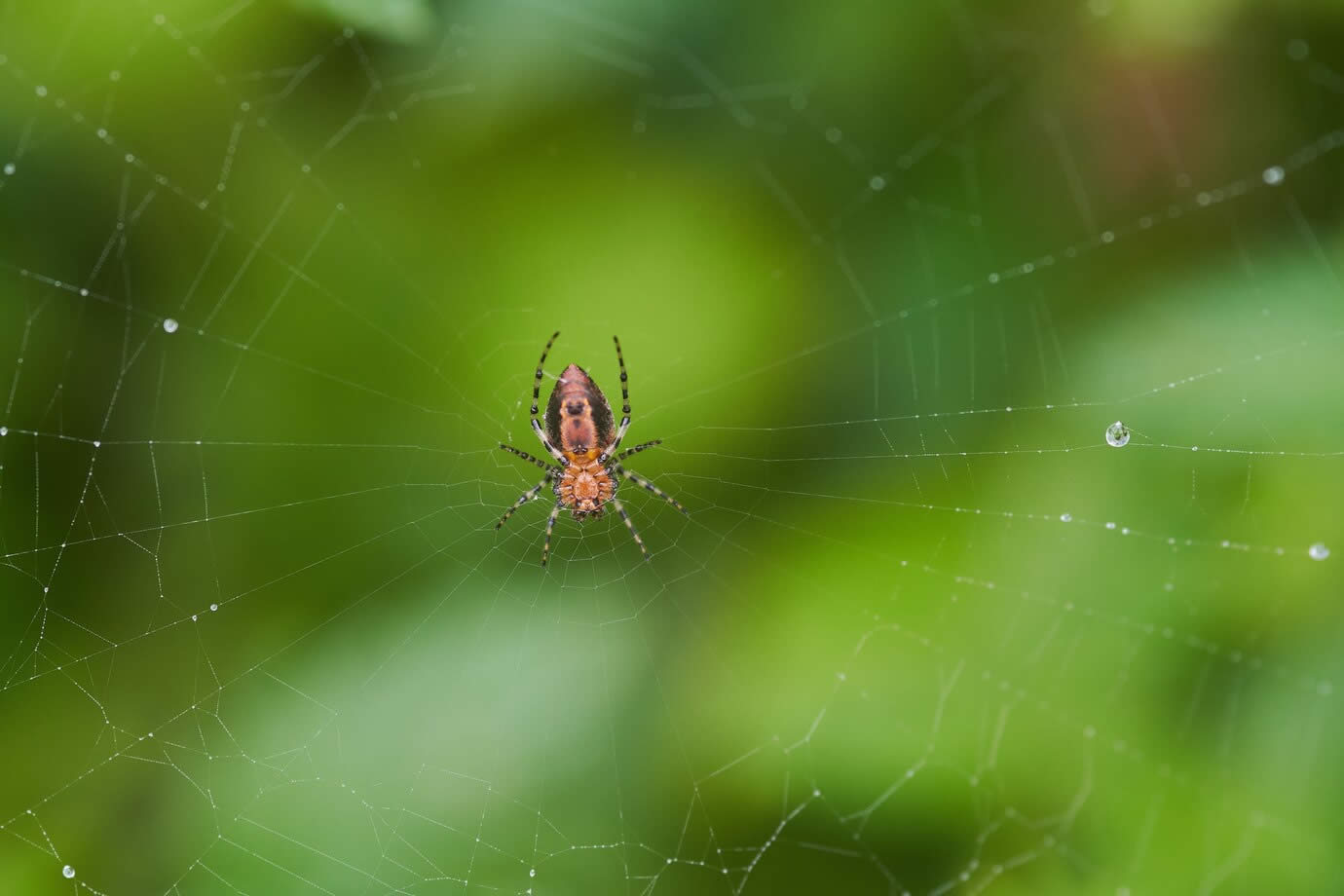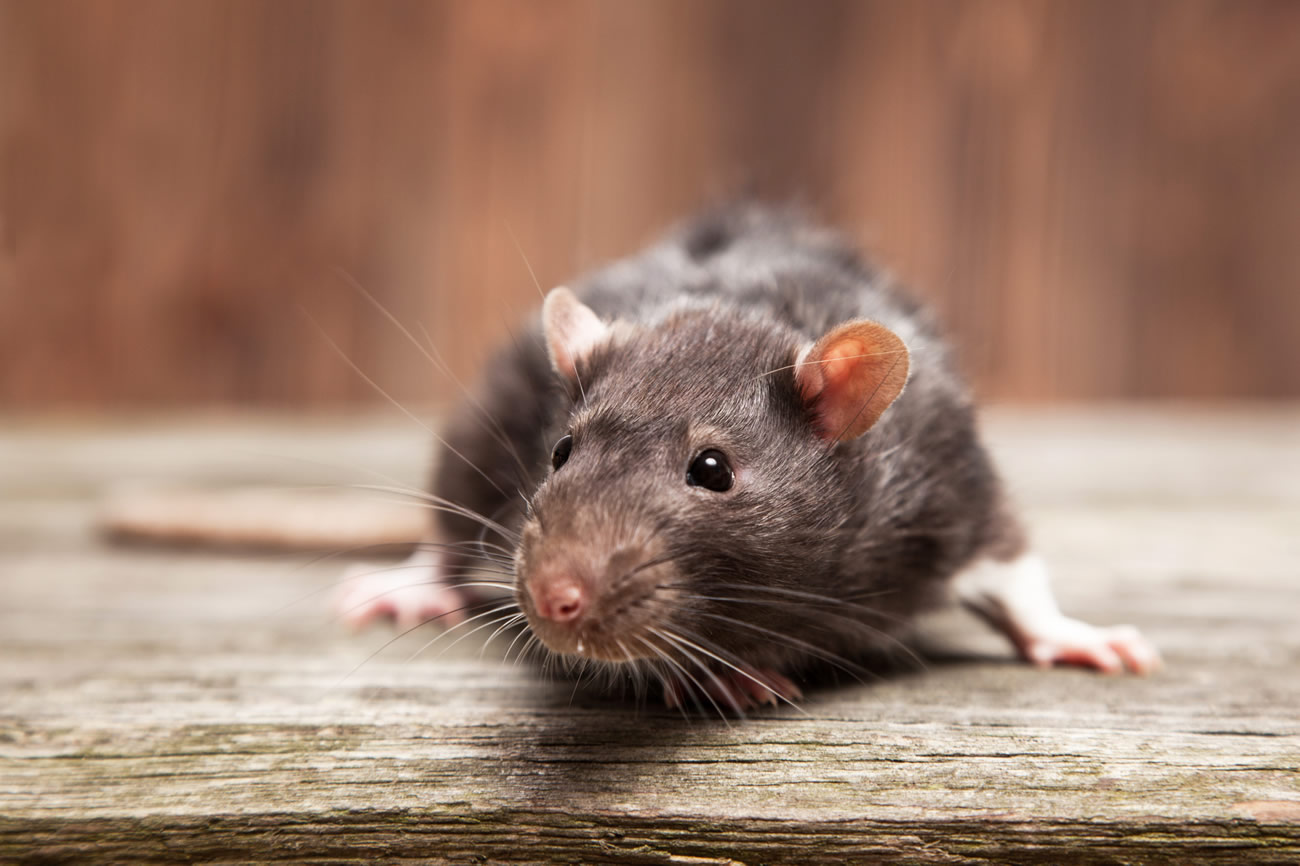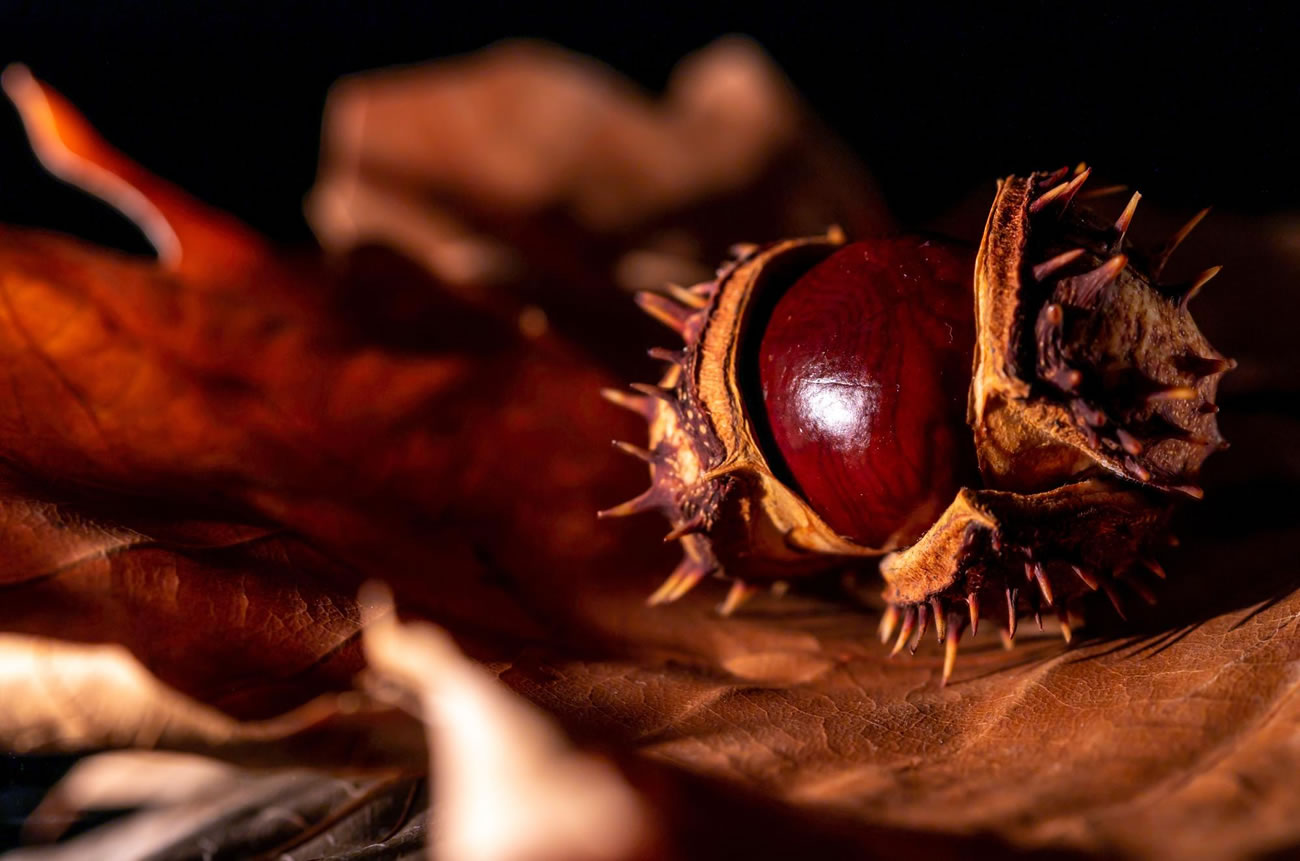Have you ever found yourself wondering about the fate of mice when they meet their untimely demise? If you’ve had the misfortune of dealing with these pesky critters in your home, you’re no stranger to the unsettling sounds of their presence – the rustling in the walls, the incessant chewing, and the faint but distinct pitter-patter of their tiny feet.
But amidst these auditory disturbances, a lingering question arises: do mice emit a distinct squeak when they reach the end of their tiny rodent lives? Is it merely a myth, or is there a factual basis behind this peculiar notion that has piqued our curiosity?
Table of Contents
ToggleDo Mice Squeak When Dying?
It is important to understand that mice are highly vocal creatures, employing a range of sounds to communicate with each other. They utilise ultrasonic sounds, which are beyond the range of human hearing, as well as audible sounds that we can perceive. Mice emit distinctive squeaks for various reasons, such as expressing fear, indicating a threat, or signalling pain and discomfort.
Consequently, it is not uncommon for mice to emit squeaks when they are nearing the end of their lives due to ailments or injuries they may have incurred. These vocalisations serve as a means for mice to convey their distress and seek attention or assistance from their fellow mice.
Disease
Mice are not as resilient as some other rodents, and they are vulnerable to diseases and other health problems. Some diseases can cause mice to suffer from respiratory issues, seizures, and other painful symptoms. These symptoms can cause the mice to exhibit signs of pain, including squeaking.
Poisoning is a common way homeowners use to get rid of mice, although here at How To Pest Control we advise you to try other humane methods. When mice consume poisoned bait, it can cause severe internal bleeding and other health problems. This internal damage can be extremely painful and cause mice to make noises as they die. The noises could range from squeaking to shrieking, depending on the severity of the situation. Not a nice way to die.
Even if a mouse is not dying from any disease or injury, it can still make noise while it is in distress. For example, a mouse that is trapped in a glue trap or a snap trap can make noise while trying to escape. The noise could be in the form of squeaking, scratching, or gnawing.
Not All Mice Make Noises When Dieing
It is worth mentioning that not all mice make noise when they are dying. Some die quietly, almost like a whisper fading into silence, and we might not even notice that they have passed away until we see their lifeless bodies.
The absence of squeaking does not diminish the reality of their demise; it simply highlights the complexity and variability of the circumstances surrounding their final moments. Factors such as the cause of death, the individual mouse’s health condition, and even the environment in which they find themselves can all contribute to the range of responses exhibited by these tiny creatures.
So, while it is not a myth that mice may squeak when dying, it is important to acknowledge the multifaceted nature of this phenomenon and the myriad of factors that come into play.
Conclusion
In conclusion, mice are vocal creatures and use sounds to communicate with each other. When mice are dying, they can make noise in the form of squeaking, depending on the cause of their death. However, not all dying mice make noise, and some die quietly. It is essential to deal with mice infestations promptly to prevent them from dying in your homes and causing a disturbance.
If you have mice in your home, it is best to call a pest control professional to handle the problem in a humane and safe manner. Now that you know the truth, you can better understand what to expect when dealing with mice infestations.
Quick Facts
While mice may make sounds during their final moments, it’s not guaranteed they will “squeak” in the way you might imagine. Here’s what we know:
Distress Calls: Mice do have vocalisations used for communication, including high-pitched distress calls or chirps. These may occur if they are experiencing pain, fear, or stress, including during the dying process.
Other Sounds: However, the sounds a dying mouse makes can vary depending on the cause of death. They might emit gasps, wheezes, or even whimpers, depending on the situation.
Challenges in Observing: Unfortunately, observing a mouse during its final moments can be difficult and distressing, making it hard to definitively say what sounds they always make.
Ethical Considerations: It’s important to remember that causing harm to animals is never necessary and can be unethical. If you find yourself in a situation where a mouse appears to be dying, the best course of action is to:
- Seek help from a wildlife rehabilitation centre or pest control professional. They can handle the situation humanely and ensure the mouse’s well-being.
- Avoid any actions that could cause further distress to the animal.
Focus on Prevention: Instead of focusing on the sounds dying mice may make, consider proactive measures to prevent harm and suffering.
- Proper food storage and sanitation: Minimise potential attractants for mice in your home, reducing the risks of infestations and encounters.
- Humane deterrents: If you do have a mouse problem, prioritise humane solutions like traps that capture rather than harm the animals.
Remember, compassion and respect for all living creatures are essential values. By focusing on preventive measures and humane solutions, we can create a better environment for both humans and animals.
FAQs
Why are mice so vocal compared to other rodents?
Mice, known for their highly social nature, exhibit a remarkable ability to communicate through a wide range of vocalisations. Using a combination of ultrasonic squeaks and audible squeaks, they effectively convey crucial information such as fear, threats, and pain to their fellow mice.
This constant vocalisation plays a pivotal role in establishing and sustaining social structures and relationships among these fascinating creatures.
What kinds of sounds can mice make that are beyond human hearing range?
Mice, small creatures with remarkable abilities, possess the extraordinary skill of emitting ultrasonic frequencies. Unlike the human hearing range of 20 Hz to 20 kHz, these tiny creatures can produce sounds up to 100 kHz, surpassing our auditory capabilities.
These high-pitched squeaks serve multiple purposes in the mouse kingdom, including attracting potential mates, alerting fellow mice of imminent danger, and facilitating crucial mother-infant interactions.
Their ability to communicate through ultrasonic frequencies showcases the intricate and fascinating world of these remarkable creatures.
What are some common diseases that can cause mice to start squeaking as they near death?
Respiratory infections, such as pneumonia, and neurological conditions like seizure disorders can cause mice to squeak in pain as they near death.
Additionally, internal parasitic infections, such as those caused by worms, can also contribute to their distressing vocalisations. It is important to note that cancer is another common ailment that can affect mice, further adding to their suffering.
How exactly does poisoning cause internal damage and pain that leads to mouse vocalisations?
Rodenticides, which are used to control mice infestation, can inflict severe harm on these tiny creatures. This is why we will always advise against it and urge you to find a more humane solution. The toxic substances in rodenticides unleash a relentless assault on their bodies, causing excruciating pain through internal hemorrhaging and ultimately leading to organ failure.
The poisons work by attacking the central nervous system of rodents. When ingested, they attack their digestive tract first and then spread throughout the body as well as into their blood stream. The poison causes damage to the liver, kidneys, heart and lungs of the mice, causing internal bleeding that can lead to death.
What are some specific examples of noises mice might make when dying slowly in a glue trap?
When trapped in glue traps, helpless mice often emit a cacophony of squeaks, chirps, gnawing sounds, and scratching noises. Their distress escalates with each passing moment as they frantically struggle to break free from the sticky clutches that tightly ensnare them.
The most common noise emitted by mice when caught in glue traps is a high-pitched cry similar to that of a baby’s wail. The sound is produced by vocal cords located within their throats. Mice use these vocal cords to communicate with each other and to express their emotions. When frightened or in pain, their cries become louder and more frequent as they struggle in vain to escape their torturous confinement.
Mice produce other types of noise as well when trapped inside glue boards. These include gnawing sounds as they try to chew through the plastic walls of their prisons, scratching noises made by their tiny paws as they repeatedly attempt to climb up the smooth surface of the board in order to reach an airhole at its top (which is too small for them), and chirping sounds produced by mice who have injured themselves while thrashing around inside their cages during captivity.
Do baby mice also vocalise when they are injured or dying?
Yes, baby mice (called pups) will squeak when injured or dying just like adults. Their noises may be even higher pitched due to their small size.
The only difference between adult and baby mice is that babies are very small, so they squeak more often than adults. If a baby mouse is in pain or dying, it will make its distress call as loud as possible to get help from its mother and siblings.
Is the noise mice make when dying from natural causes different than when they are killed by traps or poison?
The sounds that mice make when dying from natural causes are different than when they are killed by traps or poison. The latter often vocalise due to distress, pain, and fear.
The noise that mice make when dying from natural causes is not as loud as the noise made by mice in traps or poisoned by poisons. This is because there is no physical trauma involved with their death. Mice that die from old age or natural causes tend to pass more quietly than those killed by traps or poison.
The most common way that a mouse will die is because they are old and their bodies stop working properly. This can happen with any animal species on Earth, but it is especially common among rodents because they live such short lives compared to other animals. It takes less time for them to reach old age than it does for other species like humans and dogs, who live longer lives and therefore have more time to develop illnesses that affect their bodies over time.
Do mice ever make noise when playing or interacting with each other, or only when in distress?
Yes, mice can make a variety of noises. Mice use audible squeaks and ultrasonic sounds when playing and interacting in non-stressful situations. However, the noises are most pronounced when mice are frightened, injured or dying.
Mice squeak when they’re happy and excited, like when they greet each other or play together. You may hear them squeak as well when they’re eating something tasty or exploring a new area.
In addition to squeaking, some mice have been known to emit ultrasonic vocalisations (USVs), which are high-frequency sounds that humans can’t hear but other animals can pick up through their ears. These sounds may be used as communication between mother and offspring or between mates.
Why don’t all mice make noise as they are dying? What causes some to die quietly?
When it comes to observing the behaviour of mice, some may wonder about their final moments and if they make noise. Interestingly enough, not all mice make noise as they are dying. While it’s not entirely clear what causes some to die quietly, it’s thought that the cause of death plays a role.
For example, if a mouse was poisoned, it may experience respiratory arrest, which could lead to a quiet death. On the other hand, if a mouse is suffering from a disease that affects its lungs, it may experience a more audible death due to respiratory distress. While it may be unsettling to think about the quiet deaths of mice, it’s just another fascinating aspect of their behaviour that continues to intrigue scientists and animal enthusiasts alike.
What are some humane methods of mouse deterrent and control that can prevent infestations?
When it comes to mouse control, it’s important to focus on humane methods that prevent infestations. Traditional pest control methods, such as traps and poison, can not only be cruel, but also ineffective in the long run. Instead, look for methods that discourage mice from entering your home in the first place.
This can include sealing up any possible entry points, keeping your home clean and free of food debris, and using natural deterrents like essential oils or peppermint plants.
Humane deterrents include peppermint oil, cat hair, and ultrasonic repellents. Traps that catch and release mice are also humane. Sealing entry points in the home and proper food storage and sanitation help prevent infestations.

